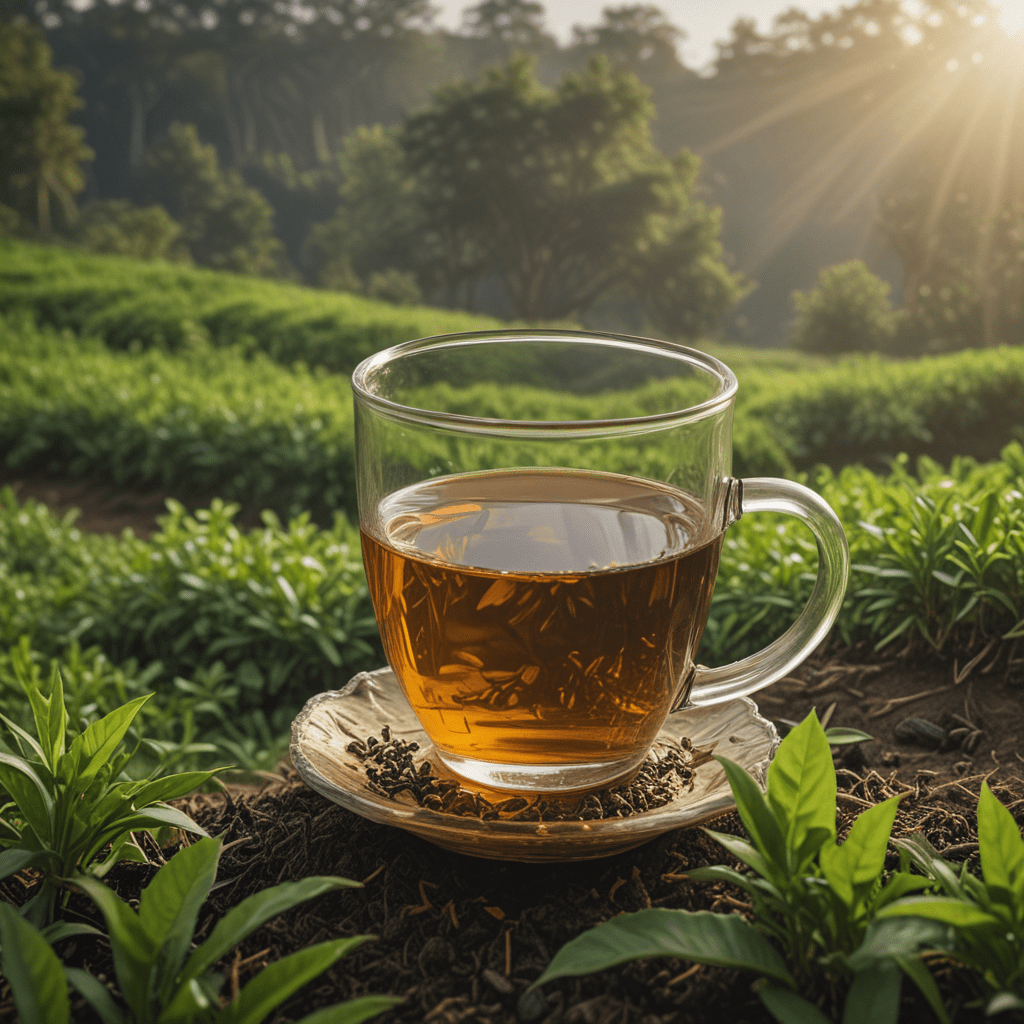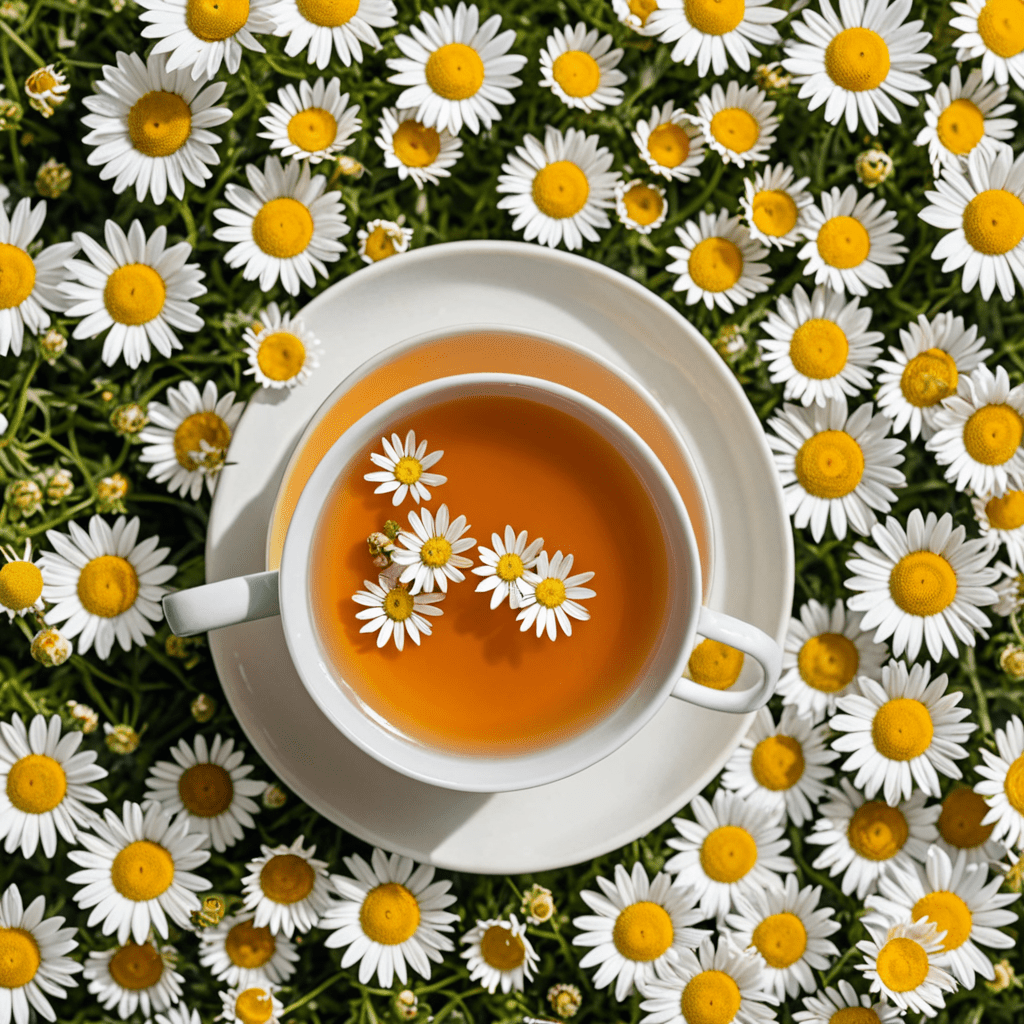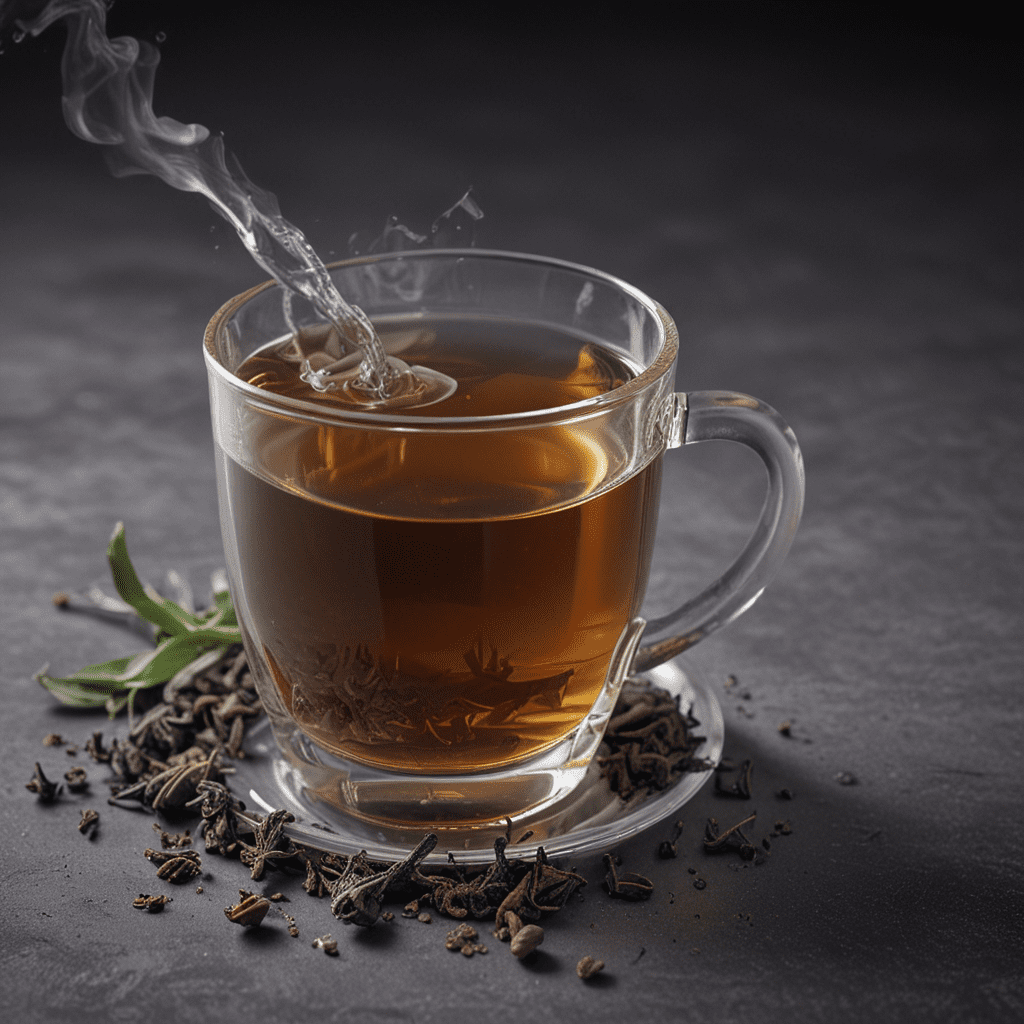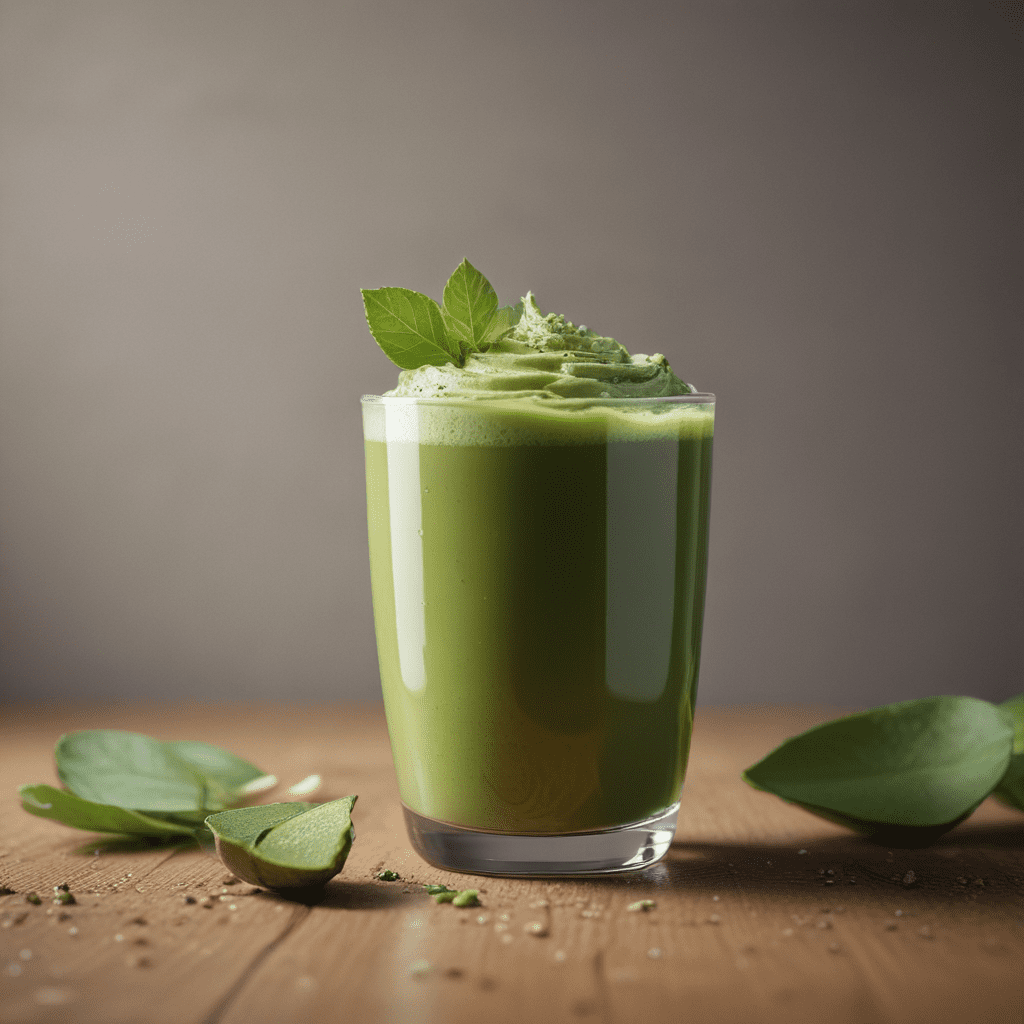Introduction: The Enchanting World of Assam Tea
Unveil the captivating world of Assam tea, a beverage steeped in rich history, exquisite flavors, and an array of health benefits. Assam, a state nestled in northeastern India, is renowned as the heartland of tea cultivation, producing a remarkable variety of teas that have enchanted tea enthusiasts worldwide. Embark on a journey through the verdant tea gardens of Assam, where the secrets of this extraordinary beverage are unveiled.
Historical Roots: A Legacy Steeped in Time
The origins of Assam tea can be traced back to the 19th century when British planters discovered indigenous tea plants thriving in the region's lush forests. Recognizing the potential of these plants, they established tea plantations, transforming Assam into a major tea-growing hub. Over the years, Assam tea has gained international acclaim for its robust flavor, malty notes, and distinctive reddish-brown liquor, captivating tea lovers around the globe.
Geographical Treasures: The Tea-Growing Regions of Assam
Assam boasts a diverse range of tea-growing regions, each contributing unique characteristics to the final brew. The Brahmaputra Valley, with its fertile soil and abundant rainfall, is renowned for producing some of the most sought-after Assam teas. The Upper Assam region, known for its high-elevation tea gardens, yields teas with a distinctive pungency and briskness. Meanwhile, the Barak Valley, located in southern Assam, produces teas with a lighter, more delicate flavor profile.
Cultivation Practices: A Symphony of Skill and Passion
Assam tea cultivation is an intricate process that requires meticulous care and expertise. Tea plants are meticulously pruned and fertilized throughout their growth cycle to ensure optimal yields and exceptional quality. The timing of the harvest is crucial, as it significantly influences the tea's flavor and aroma. Skilled tea pluckers selectively handpick the two leaves and a bud from each plant, ensuring only the finest leaves are used in tea production.
Processing Techniques: From Leaf to Liquid Gold
After harvesting, the tea leaves undergo a series of processing stages to transform them into the flavorful beverage we enjoy. The first step involves withering, where the leaves are spread out to lose some of their moisture. This process intensifies the tea's flavor and aroma. Withered leaves are then rolled, which breaks down their cell walls and releases their essential oils. Finally, the leaves are oxidized, or fermented, to develop their characteristic black tea color and flavor.
Varieties of Assam Tea: A Range of Flavors to Captivate
Assam teas offer a diverse range of flavors to cater to every palate. From the bold and malty Assam Orthodox to the lighter and more delicate CTC (crush, tear, curl) Assam, each variety possesses a unique character. Assam Orthodox teas are full-bodied with a rich, malty flavor and a deep reddish-brown liquor. CTC Assam teas, on the other hand, are known for their briskness and stronger astringency, making them ideal for blending in tea bags.
Health Benefits: A Brew of Wellness
Beyond its captivating flavors, Assam tea is also renowned for its array of health benefits. It is a rich source of antioxidants, which help protect the body against harmful free radicals. Studies have shown that regular consumption of Assam tea may promote heart health, reduce inflammation, and improve digestion. Additionally, Assam tea contains caffeine, a stimulant that can enhance alertness and focus.
Economic Impact: A Lifeline for the Assam Region
Assam tea plays a vital role in the economic development of the region. The tea industry provides employment to millions of people, from tea plantation workers to factory staff. Tea exports contribute significantly to the state's revenue, supporting infrastructure development and social welfare programs. Moreover, tea tourism has emerged as a growing industry, attracting visitors from around the world to experience the enchanting world of Assam tea.
Cultural Significance: A Beverage Steeped in Tradition
Assam tea holds immense cultural significance in the region. It is an integral part of Assamese cuisine, often served with milk and sugar as a refreshing beverage. Tea gardens are deeply intertwined with the social fabric of Assam, serving as community hubs and centers for cultural events. The annual Assam Tea Festival showcases the diversity and excellence of the region's tea industry, attracting tea enthusiasts and industry professionals alike.
Sustainable Practices: Preserving Assam Tea’s Legacy
Recognizing the importance of sustainability, the Assam tea industry is committed to preserving the environment and ensuring the long-term viability of tea cultivation. Sustainable farming practices, such as organic farming and agroforestry, are being adopted to minimize environmental impact. Tea plantations are also actively involved in reforestation and water conservation initiatives, safeguarding the natural resources that are essential for tea production. By embracing sustainability, the Assam tea industry ensures that future generations can continue to enjoy the exquisite flavors and health benefits of this remarkable beverage.
FAQs
What makes Assam tea different from other teas?
Assam tea is distinguished by its robust flavor, malty notes, and deep reddish-brown liquor. It is grown in the unique geographical conditions of the Assam region, which contributes to its distinctive characteristics.How should I brew Assam tea?
For the best Assam tea experience, use freshly drawn water heated to around 200°F (93°C). Add 2-3 grams of tea leaves per cup and steep for 3-5 minutes. Adjust the steeping time according to your desired strength.What are the different types of Assam tea?
Assam tea primarily comes in two main types: Orthodox Assam and CTC Assam. Orthodox Assam is full-bodied with a malty flavor, while CTC Assam is more brisk and astringent.
Is Assam tea healthy?
Yes, Assam tea is rich in antioxidants and has been linked to various health benefits, including improved heart health, reduced inflammation, and better digestion.Where can I buy Assam tea?
Assam tea is widely available in supermarkets, tea shops, and online retailers. Look for reputable sellers who offer high-quality teas and ensure proper storage conditions.



